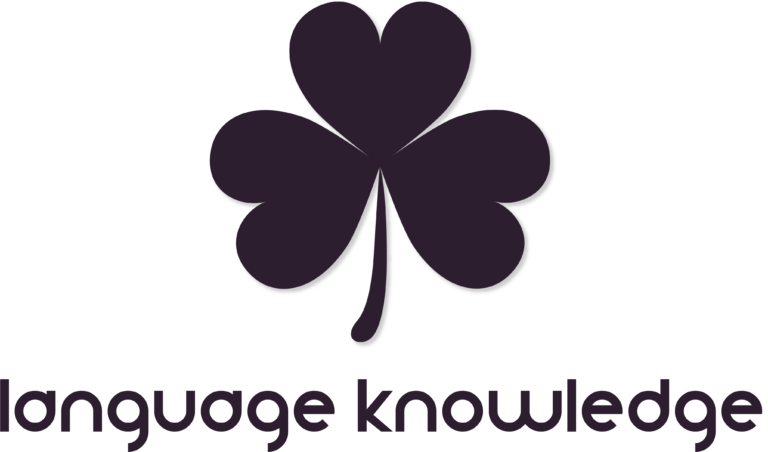Written by: Editor | Updated on: June 1, 2020 | Published on: July 6, 2017
Simple Past
Tense
Language Knowledge / English / Grammar / Simple Past Tense
Anzeige
Simple Past Tense: Usage
Basically, the “simple past” is used especially when you want to report something that has happened in the past and is already completed.
? Simple past formation
The regular formation of the preterite in English
Infinitive + “-ed“
The formation of the simple past is also simple. Because from a normal sentence, you only have to attach an “-ed” to the end of the verb.
„did not“ + Infinitive
Likewise, the negation is very simple, since you only have to put a “did not” in front of your verb, which is in the infinitive. However, you must always follow the word order. That is, subject, predicate, Object!!!
Irregular:
However, there are many verbs needed for the formation of the normal sentence, which are irregular. While learning your vocabulary, you should also learn these forms. In addition, you will usually find a list of important irregular verbs at the end of your book. Incase you do not have: the 100 most important irregular verbs!
Anzeige
‼️ What do you have to consider when using the Simple Past?
Irregular verbs (“was” or “were”):
Besides the normal irregular verbs, there is also the special case of “to be”. In this case, there are two forms, one being “was” and the other “were”. In fact, this is very easy to distinguish, since “was” is used in the singular, except for “you” and “were” in the plural. In addition, “were” is still being used in the singular in “you”.
Spelling:
1. Verb is at the end of consonant + “-y”:
Here, the “-y” becomes an “-i”:
- tidy becomes tidied
2. If the verb ends with “-e”
Thus, the formation of the simple past form, eliminates the “-e”:
- love becomes loved
- like becomes liked
3. If the verb ends with “-er”, “-ur” or “-ir”:
Thus, the “-r” doubles in the formation of the simple past form:
- prefer becomes preferred
4. If the verb ends with a consonant where there is a simple, short, stressed vowel:
Thus, this consonant doubles.
- stop becomes stopped
(Vowel = a, e, i , o, u)
Don’t be confused:
Important: “did not” is synonymous with “didn’t”.
Anzeige
2️⃣ Simple past tense examples
Normal sentence in the simple past tense
I learned.
A negative sentence in the simple past tense
I did not learn. / I didn’t learn.
A question sentence in the simple past tense
Did I learn?
? Signalwords
- yesterday
- the day before yesterday
- a month / two years ago
- in 2016
- last week / month / year
You read: Simple Past Tense | Past Simple












